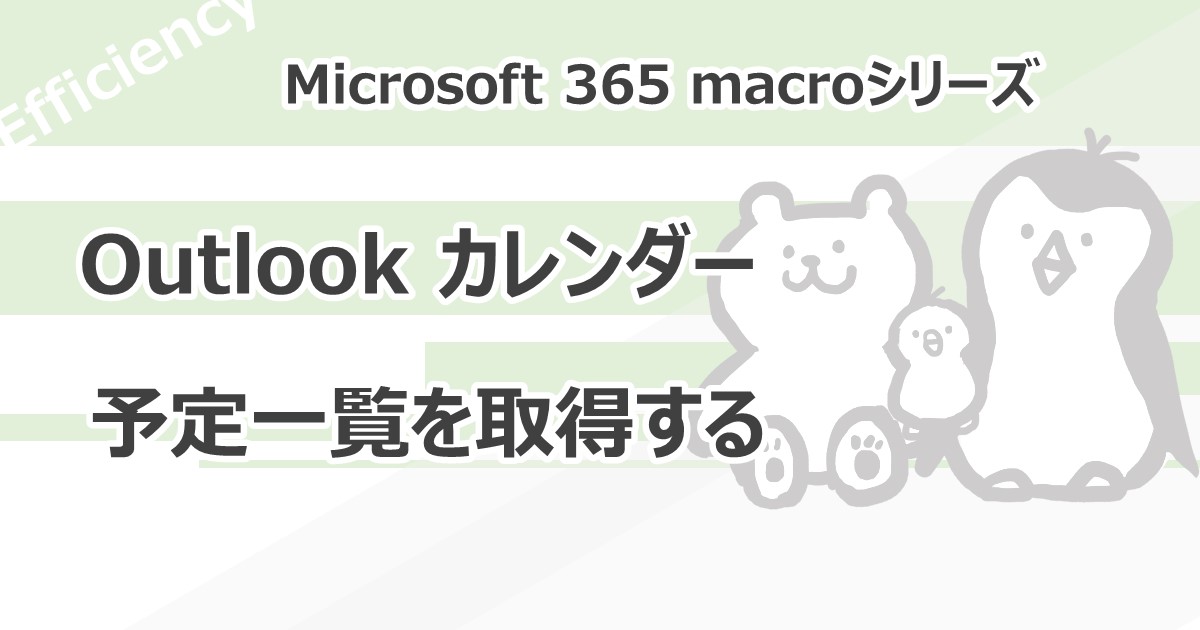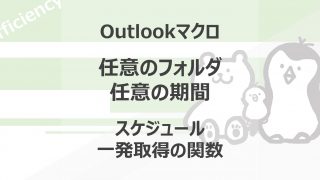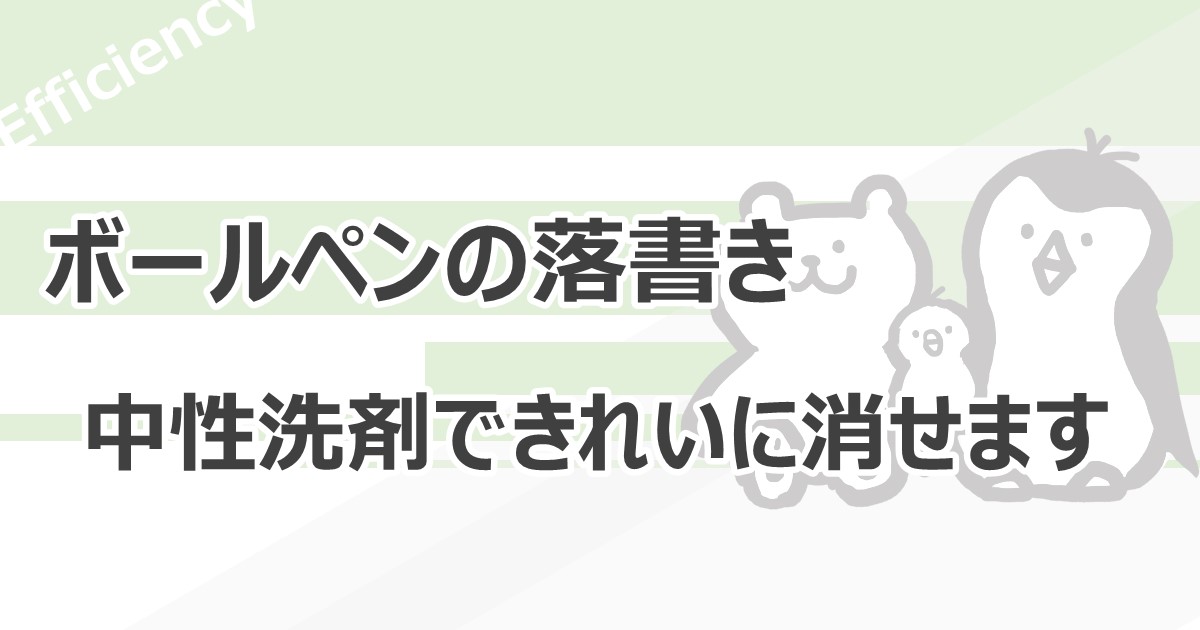Outlookの予定を拾いたいときに、かなりの頻度で出てくるケースを関数にしました。
ユースケース
- 今日の予定一覧を引っ張る
- 明日の予定一覧を引っ張る
(2021/04/22追記)
任意のフォルダ/機関のスケジュールを取得するマクロ関数も作成しました。
参考
code
'予定一覧引っ張るDebug
Sub debugGetSchedule()
Dim myStart As Date
Dim duration As Integer
Dim oItemsInDateRange As Outlook.Items
myStart = Date
Call GetSchedule(oItemsInDateRange, myStart, 15)
For Each oAppt In oItemsInDateRange
Debug.Print oAppt.Start, oAppt.Subject
Next
End Sub
' 予定一覧を引っ張る
Public Function GetSchedule(oItemsInDateRange As Outlook.Items, ByRef myStart As Date, ByRef duration As Integer)
Dim objApItem As Outlook.AppointmentItem
Dim myEnd As Date
Dim oCalendar As Outlook.Folder
Dim oItems As Outlook.Items
Dim oFinalItems As Outlook.Items
Dim oAppt As Outlook.AppointmentItem
Dim strRestriction As String
Dim lunchTime As Boolean
myEnd = DateAdd("d", duration, myStart)
Set objApItem = Application.CreateItem(olAppointmentItem)
' Debug.Print "Start:", myStart
' Debug.Print "End:", myEnd
'Construct filter for the next duration-day date range
strRestriction = "[Start] >= '" & _
Format$(myStart, "mm/dd/yyyy hh:mm AMPM") _
& "' AND [End] <= '" & _
Format$(myEnd, "mm/dd/yyyy hh:mm AMPM") & "'"
'Check the restriction string
'Debug.Print strRestriction
Set oCalendar = Application.Session.GetDefaultFolder(olFolderCalendar)
Set oItems = oCalendar.Items
oItems.IncludeRecurrences = True
oItems.Sort "[Start]"
Set oItemsInDateRange = oItems.Restrict(strRestriction)
End Function
appendix
大体使い方は見ればわかると思うけど、一応引数の解説を。
oItemsInDateRange
おまじない。
ここに予定一覧のリストが入ってくるので、あとは煮るなり焼くなり。
myStart
開始日。
サンプルではDateで本日からにしてあります。
明日でもいいし、先週でも大丈夫なはず。
15
取得したい期間。
15の場合は15日分の予定がごっそり入ってきます。
なので、
- 1日分の予定を引っ張ってきてなにかする
- のを15日分やりたい
というケースだと、
GetSchedule(oItemsInDateRange, i, 1)
として、iを15日分、呼び出し側で開始日のFor文を回します。



